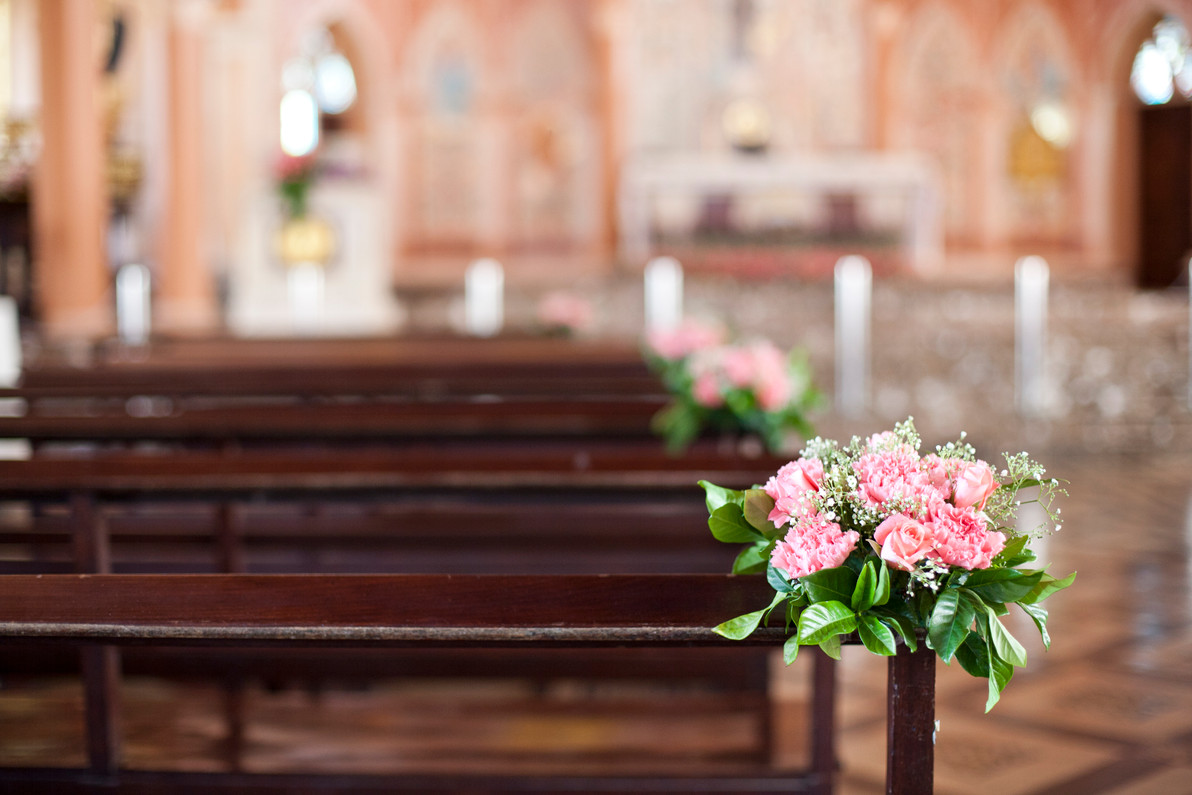The Silent Struggle: Navigating Faith and Grief After Child Loss
By Jenny Leavitt
I never expected to lose my child. I don’t think any mother does.
When my son Jacob died in a car crash—killed instantly by a drunk driver—my world split wide open. Just moments before, I was the mother of two boys. A woman of faith who believed in miracles, purpose, and divine protection.
Then, in a single second, I was someone else.
People saw me as a “grieving mother.” But grief is more than sorrow. It’s disorientation. It’s forgetting who you were before the call came or the sirens wailed. It’s standing at the kitchen sink with your hands in the water and suddenly realizing you’ve been there for twenty minutes, unable to move. I wasn’t just mourning Jacob. I was mourning the me that died with him.
In the early days, people tried to encourage me by saying, “God has a plan.” Some meant well. Some didn’t know what else to say. I nodded. I said thank you. But inside, I wasn’t sure how.
The God I had prayed to every day—the one I had taught others about, worshipped with abandon, trusted in sickness and celebration—suddenly felt so far away. I wasn’t angry at Him. Not at first. I was just numb. I would open my Bible, hoping for peace, but the words blurred through swollen eyes and an aching heart. “God is close to the brokenhearted,” they say. But in that season, all I could feel was the distance.
That kind of emotional distance, especially for a person of faith, is incredibly disorienting. Grieving as a Christian comes with a strange kind of pressure. There’s this unspoken expectation that because we “know where our loved ones are,” we shouldn’t mourn like those who don’t. But I’ve learned firsthand that even when you believe your child is in Heaven, the ache in your arms doesn’t go away.
I carried both pain and hope. I held both sorrow and belief. And for a long time, I thought that meant my faith was broken.
Over time, I found myself whispering small prayers again—not polished or poetic ones, just raw, broken honesty. I stopped trying to impress God and started bringing Him my questions. Why Jacob? Why us? Why didn’t You stop it?
Something remarkable happened in those moments of unfiltered grief. God didn’t silence me. He didn’t shame me. He stayed. In the quiet. In the pain. In the long nights when I
couldn’t sleep and the mornings when I didn’t want to get up. I began to realize that even though I couldn’t feel His presence, He had never left.
This new awareness allowed me to return to Scripture—not to find tidy answers, but to find companions in sorrow. David’s cries in the Psalms echoed mine. Job’s lament felt like someone finally understood. Even Jesus, weeping at Lazarus’s tomb, reminded me that sorrow isn’t weakness. It's human. And even the divine grieves.
I started to understand that faith, especially in the depths of grief, doesn’t mean smiling through the pain. It means choosing to turn toward God even when all you have are tears. I used to think being a woman of faith meant being strong all the time. Now I know it means being honest.
As I slowly began sharing Jacob’s story—first with a few close friends, then in grief support circles, and eventually with other grieving women—I discovered that vulnerability created bridges. People opened up. They cried. They shared their stories too. Many hadn’t spoken their child’s name aloud in years.
In their eyes, I saw what I had once felt: the deep ache of being misunderstood, the exhaustion of masking pain, and the hunger for someone to go first.
Telling the truth didn’t just help me heal. It helped others find their voice.
Eventually, this journey led to something unexpected. I created Resilient Hope, an online community and resource hub for grieving people—especially those navigating loss with a Christian perspective. I never imagined I’d be running something like this, but I’ve learned that purpose doesn’t erase pain. It gives pain somewhere to go.
There are still days when I cry. There are moments when a song comes on, or I see a boy about Jacob’s age, and my breath catches. I’ll never stop missing him. But I no longer believe that grief is a problem to fix. It’s a story I’m learning to live inside of, with grace, and sometimes even joy.
To every parent who has lost a child: I want to say this clearly—you are not weak for grieving. You are not faithless for questioning. Your sorrow is not a failure. It is a measure of your love.
And if you’re quietly wondering where God went in all of this, I want to reassure you—He’s closer than you think. Even now. Especially now.
Healing doesn’t mean forgetting. It means remembering with tenderness instead of only pain. It means discovering that even in brokenness, you are not alone.
And that is where faith meets grief: not in having all the answers, but in walking with a God who chooses to stay.
About the Author
Jenny Leavitt is a bestselling author, speaker, and certified grief recovery coach who helps individuals and families navigate loss through the lens of faith. After the tragic death of her son Jacob and the near loss of her other son Caleb, she dedicated her life to walking with others through sorrow toward hope. She is the founder of Resilient Hope, an online platform offering courses, coaching, and community for those grieving. Her work has been featured in Guideposts, Just Between Us, and numerous other publications. She lives in Central Florida with her husband and continues to write and speak with honesty, compassion, and unshakable hope.




